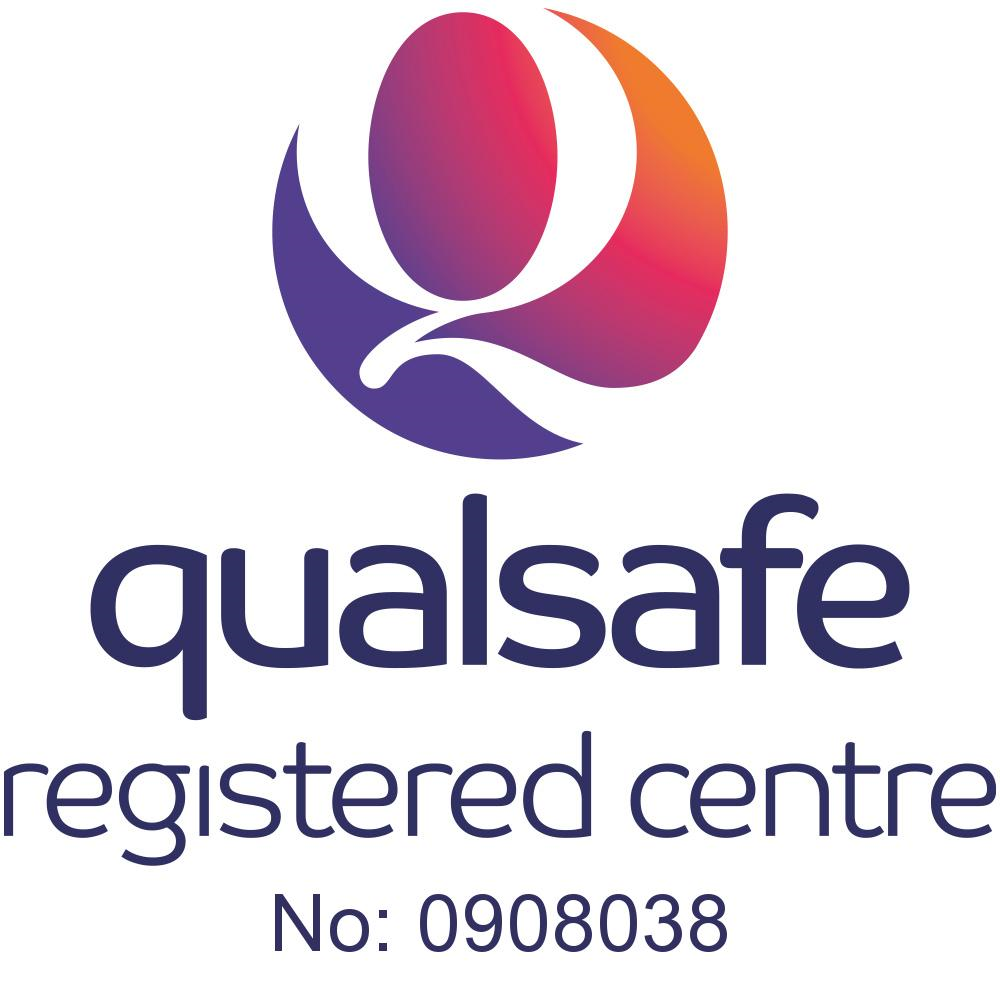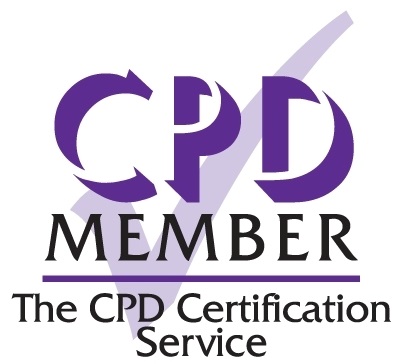Mental Capacity & Deprivation of Liberty Safeguards
Learning Outcomes
- Describe the key components of the Mental Capacity Act 2005
- Explain how mental capacity is assessed in practice
- Explain ways to support individuals in making their own decisions
- Describe the process of determining best interest decisions
- Identify how to ensure the least restrictive option is used
- Describe what constitutes Deprivation of Liberty
- Describe the use of restraint and restriction in care settings
- Describe the criteria and process for Urgent Authorisations
- Identify the legal safeguards that protect individuals who may be deprived of their liberty
- State the limitations and circumstances where DoLS cannot be applied
Aim
The aim of this training is to enhance learners’ knowledge and skills in supporting individuals who may lack the capacity to make informed decisions. Delegates will gain a clear understanding of the legal framework that underpins decision-making, and how to empower individuals using the least restrictive approach. The course will enable attendees to work confidently and lawfully in situations where capacity is in question, ensuring respect, dignity, and compliance with the Mental Capacity Act 2005
Why Customers would Benefit from the Mental Capacity & Deprivation of Liberty Safeguards Training Course?
This course is vital for any health or social care provider supporting individuals who may lack the capacity to make informed decisions. It equips staff with the legal knowledge, practical skills, and ethical awareness to ensure they are acting lawfully, respectfully, and in the individual’s best interests. The training ensures that staff understand and apply the principles of the Mental Capacity Act 2005 and Deprivation of Liberty Safeguards (DoLS) correctly, promoting dignity, choice, and person-centred care while reducing the risk of unlawful practice and safeguarding breaches.

Key Benefits for Customers:
Legal Compliance
Ensures staff understand their responsibilities under the Mental Capacity Act 2005 and Deprivation of Liberty Safeguards, supporting compliance with CQC regulatory standards.
Promotes Rights-Based Practice
Encourages staff to uphold individuals’ rights to autonomy, choice, and the least restrictive care, in line with best practice and human rights legislation
Reduces Risk of Unlawful Practice
Prevents inappropriate use of restrictions or restraints by promoting lawful, considered decision-making.
Enhances Staff Confidence
Empowers staff to assess capacity, support informed decision-making, and apply best interest principles in real-world scenarios
Improves Quality of Care
Staff can deliver care that is both person-centred and legally sound, enhancing overall service delivery.
Supports Early Identification and Escalation
Teaches staff to recognise when DoLS may apply and how to escalate concerns appropriately through the correct authorisation channels.
Strengthens Safeguarding Practice
Reinforces the importance of safeguarding individuals who may be at risk of being deprived of their liberty without due process.
Essential for Mixed-Level Teams
Suitable for both new and experienced staff to ensure consistent, up-to-date practice across care settings.
Let’s Talk About Your Training Needs
Our friendly team is ready to help you build the right training solution for your care setting.
Mental Capacity & Deprivation of Liberty Safeguards
Course
Mental Capacity & Deprivation of Liberty Safeguards
Level
2
Practical
No
Duration
2-3 Hours
Certificate Length
2 Years
Number of Delegates
12
What Our Customers Say About Us

Registered Manager
Residential Care Home

Domiciliary Care Provider
Residential Care Home


